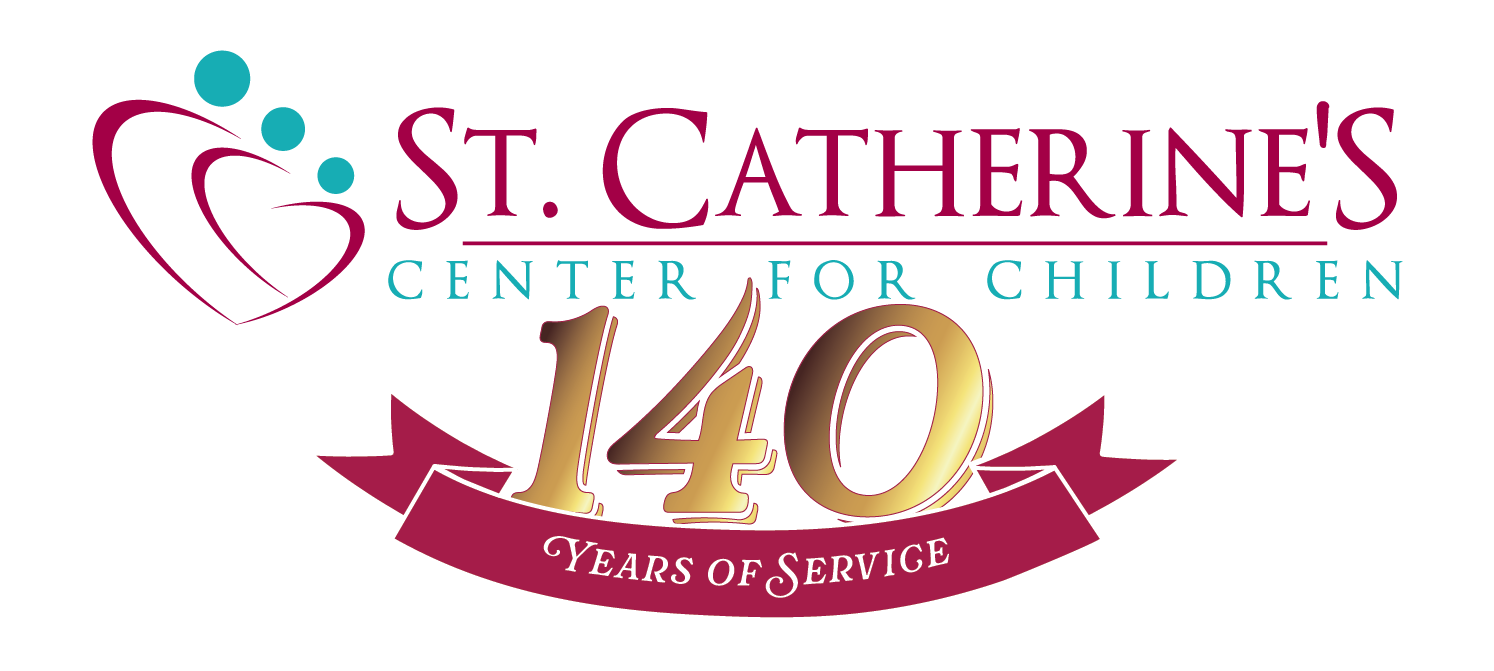Food & Nutrition

Access to healthy foods is one of the many Social Determinants of Health as described by the U.S. Department of Health and Human Services. Studies have shown that students perform much better, academically, when they are well-nourished. This is why our food and nutrition team, as part of St. Catherine’s holistic approach to overall health and well-being, is dedicated to providing quality food and meals.
Our team makes every effort to provide students with meals that are both delicious and nutritious while at the R & E May School. Because many of our children and families struggle economically, the R & E May School participates in a federal program that allows each student to receive breakfast and lunch for free each day.
Visit our page, frequently, for updated menus at the R & E May School as well as healthy recipes you can try at home to keep you and your family happy, healthy, and thriving.
Announcements
The Summer Food Service Program serves free, healthy meals for children and teens at favorite summertime places.
Anyone ages 18 and under can drop by when breakfast, lunch or snacks are served.
To find summer meals near you:
- Call: 211 or 1-866-3-HUNGRY
- Text: “food” to 877-877
- Visit the links below:
Monthly Menu
Quality Nutrition,
Quality Service, Quality Food

Did you know that students who are well nourished are shown to have increased problem-solving abilities, better memory, stronger verbal fluency and more creativity?
That is a key reason why St. Catherine’s R & E May School makes every effort to provide students with nutritious and tasty meals during the hours they are in school. This includes breakfast in the morning and lunch in the afternoon.
Head Chef Marco Trivellato, and his team, provides a complete listing of nutritional information and allergen information for all the items on our school menus.
Allergy Information
Food allergies can be life-threatening. To minimize the chance of accidental exposure to a food that may trigger an allergic reaction, we post “right to know” information in our school cafeteria. The information — kept in a binder — lists ingredients in school food that are common causes of food allergies. They include:
- Milk and milk products
- Egg and egg products
- Peanut and peanut products
- Tree nut and tree nut products
- Soy and soy products
- Fish and fish products
- Shellfish and shellfish products
This binder does not list manufacturers who also may process allergens (like peanuts) in other products they produce.
Any student with a severe food allergy should NOT assume that a food is safe to eat and should always ask before eating cafeteria food. That student’s parent or guardian should contact the food and nutrition program to discuss dietary needs and restrictions. Product specifications are subject to change and manufacturers are not required by law to provide updated ingredient declarations.
Protection Against Discrimination
Nondiscrimination Statement:
(This explains what to do if you believe you have been treated unfairly.)
In accordance with federal civil rights law and U.S. Department of Agriculture (USDA) civil rights regulations and policies, this institution is prohibited from discriminating on the basis of race, color, national origin, sex (including gender identity and sexual orientation), disability, age, or reprisal or retaliation for prior civil rights activity.
Program information may be made available in languages other than English. Persons with disabilities who require alternative means of communication to obtain program information (e.g., Braille, large print, audiotape, American Sign Language), should contact the responsible state or local agency that administers the program or USDA’s TARGET Center at (202) 720-2600 (voice and TTY) or contact USDA through the Federal Relay Service at (800) 877-8339.
To file a program discrimination complaint, a Complainant should complete a Form AD-3027, USDA Program Discrimination Complaint Form which can be obtained online, from any USDA office, by calling (866) 632-9992, or by writing a letter addressed to USDA. The letter must contain the complainant’s name, address, telephone number, and a written description of the alleged discriminatory action in sufficient detail to inform the Assistant Secretary for Civil Rights (ASCR) about the nature and date of an alleged civil rights violation. The completed AD-3027 form or letter must be submitted to USDA by:
Mail:
U.S. Department of Agriculture
Office of the Assistant Secretary for Civil Rights
1400 Independence Avenue, SW
Washington, D.C. 20250-9410; or
Fax:
(833) 256-1665 or (202) 690-7442; or
Email:
[email protected]
*This institution is an equal opportunity provider.
Helpful Links
Contact St. Catherine’s Center for Children
For more information about this program, please contact us today.

